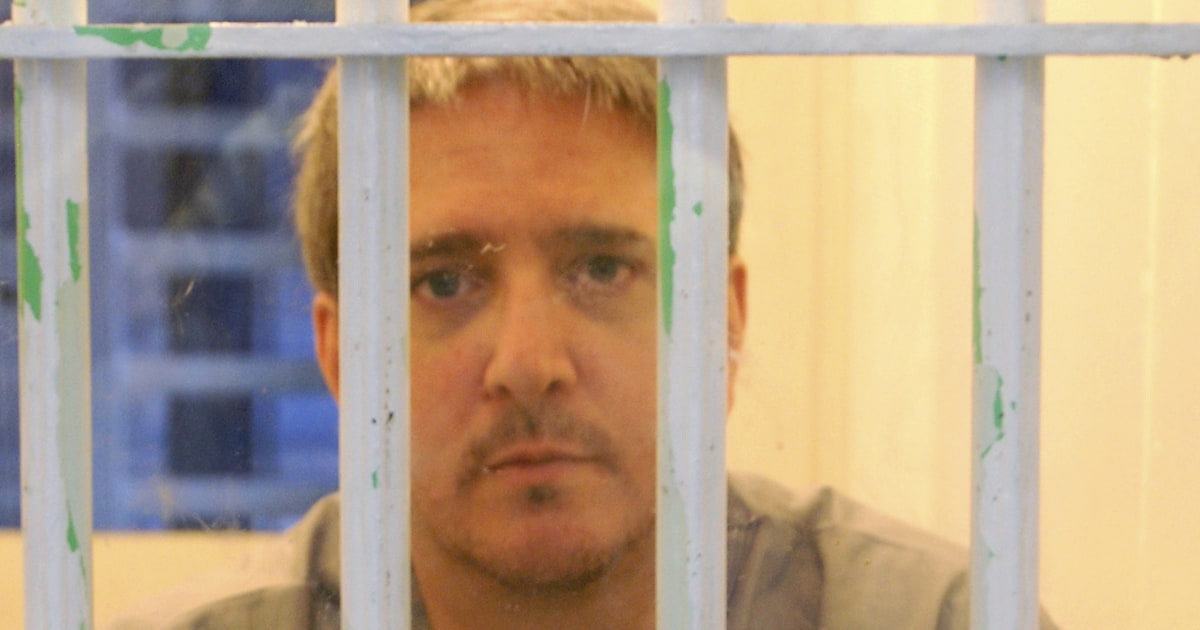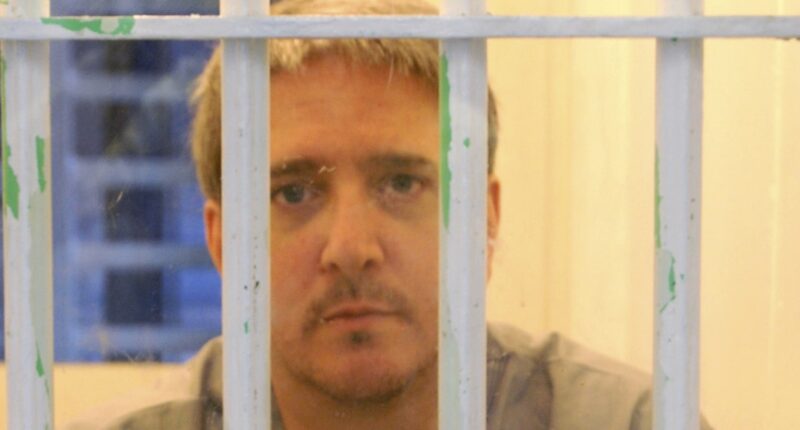
WASHINGTON — The Supreme Court on Friday blocked the execution of an Oklahoma death row inmate who claims he is innocent in an unusual case in which the state’s attorney general agreed that the underlying conviction was unsound.
The court in a brief order granted the request made by inmate Richard Glossip, who was convicted of arranging the murder of his boss at the Oklahoma City motel where he worked.
The decision means that Glossip’s execution, scheduled for May 18, will no longer go ahead while his court challenge continues.
The state has stopped short of saying Glossip is innocent, meaning there could still be a new trial if the conviction is thrown out.
Glossip’s lawyers had argued that his conviction should be thrown out based on concerns about key testimony in the case provided by Justin Sneed, who carried out the 1997 murder. Sneed testified that Glossip had hired him to kill motel owner Barry Van Treese.
But it has emerged that prosecutors had withheld information about Sneed and that he had given false testimony at trial.
An independent investigation ordered by Oklahoma Attorney General Gentner Drummond, a Republican, concluded among other things that it had not been disclosed at Glossip’s second trial in 2004 that Sneed had been treated for a serious psychiatric condition.
Despite Drummond’s announcement that he believed Glossip’s conviction should be tossed out because of due process violations, an Oklahoma appeals court upheld the death sentence last month and the state’s pardon and parole board also voted against granting Glossip clemency.
Glossip, now 60, turned to the Supreme Court asking for his execution to be blocked, with Drummond filing court papers siding with the death row inmate.
“Absent this court’s intervention, an execution will move forward under circumstances where the Attorney General has already confessed error — a result that would be unthinkable,” Drummond wrote.
Glossip’s lawyers said that there have been “grave concerns” about his conviction ever since the trial.
“Sneed’s inconsistencies are particularly problematic because the State’s case for executing Mr. Glossip turns on Sneed’s credibility,” the lawyers wrote.
The Supreme Court previously blocked Glossip’s execution back in 2015 in separate litigation over whether the state’s execution protocol was unconstitutional. The court ultimately ruled against Glossip and two other Oklahoma death row inmates.
The Supreme Court, which has a 6-3 conservative majority, rarely grants stays of execution and some justices have been critical of lawyers for death row inmates filing last-minute requests.
In the 2015 oral argument in Glossip’s earlier case, conservative Justice Samuel Alito said such cases were part of a “guerrilla war” against the death penalty itself.
Source: | This article originally belongs to Nbcnews.com










